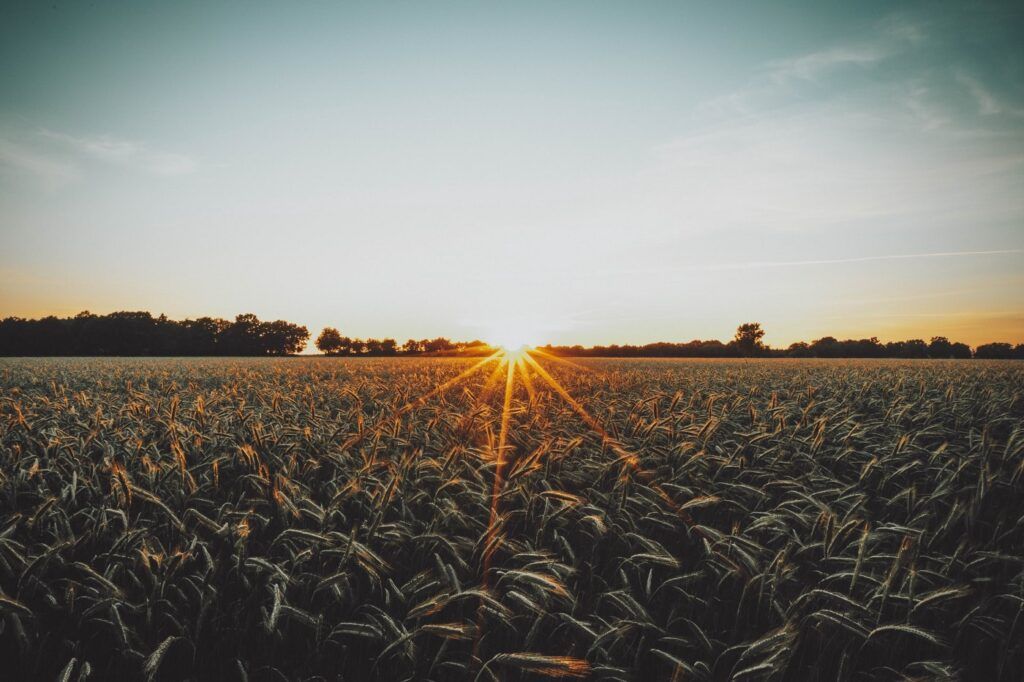Up until a few years ago, there was a very popular board game that grasped the deepest roots of the world’s current problems: the Mikado game.
Despite being difficult to play, the Mikado game has very simple rules that are conditioned to a player’s ability to embrace an ecosystemic vision. A stick is never just a stick to be easily extracted, but instead is quite often the support on which other sticks stand, making the game a dense tangle where there is no clear beginning and end, no easy choice, but rather interconnected relationships among all the parts.
The global systems, from food to environment, diplomacy to policy have a lot in common with the Mikado game, because none of them is self-sustaining. Geo-political relations between states can accelerate food security or trigger food insecurity, diplomatic actions can cause mass migrations, altering the global agri-food system, or foster peace, the state of natural resources can advance people and society’s well-being or cause malnutrition, viruses, and diseases.
Being able to see these connections is the first step to putting in place integrated, multi-dimensional, and long-lasting solutions, which cannot be achieved without real collaboration among experts and sectors.

